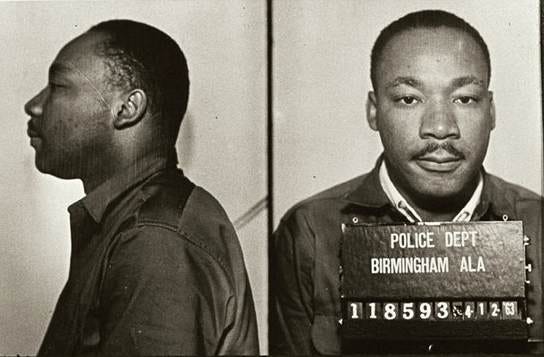A number of events converged on January 20 of this year. It was the day that Donald Trump was sworn in for his second term as President of the United States. It was also the annual federal holiday celebrating the birthday of Martin Luther King, Jr. For Catholics, it was also the Memorial of St. Sebastian. What do these events have in common? More than you might expect.
St. Sebastian lived in the latter half of the third century. He was a part of the Roman military and rose to the ranks of the Praetorian Guard, the Roman soldiers closest to the emperor who protected him. The emperor Diocletian had great trust in Sebastian to give him this role, but he did not know that Sebastian was a Christian. Sebastian used his position to try to help his fellow Christians who were struggling under Diocletian’s persecution. When the emperor finally learned of Sebastian’s faith, he was furious and ordered him executed by archers. He was pummeled with arrows and thought to be dead, but when St. Irene went to collect the body she discovered that he was still alive and took him home to nurse him back to health. After his recovery, he could have slipped away into hiding and no one would have blamed him for it. In fact, he might still have been canonized a saint. But instead, he went back and caught the emperor off guard, haranguing him publicly for his unjust treatment of Christians. Diocletian was even more furious than before and ordered him executed again. This time they made sure to finish the job.
The Reverend Dr. Martin Luther King, Junior, was first and foremost a Christian. He was a Baptist preacher. He stood up against the oppression of black people in America not primarily because he was black himself, but because as a Christian he could see no other way to live out his convictions. For his troubles, he experienced angry mobs, name calling, beatings, and multiple arrests. In his famous letter from a Birmingham jail, he makes clear that his Christian faith forged his activism, quoting from St. Thomas Aquinas and St. Augustine in addition to the Scriptures. After so many terrible experiences, King certainly could have backed off and allowed others to take the lead for a while. Instead, he pushed forward, expanding his activism to include not only fighting racism but also poverty and war. He was aware he was a target, yet he pressed on. “Like anybody, I would like to live a long life—longevity has its place,” he said in his famous “mountain top” speech. “But I’m not concerned about that now. I just want to do God’s will.” A day later, he was assassinated.
These two men couldn’t be farther apart in time or culture, but they both believed that the Christian faith requires us to work for justice and speak up for the poor and the oppressed. They were willing to go to the mat for it, to die for those convictions if necessary. They believed in a God of righteousness, a God who has promised to set right all that is wrong.
Do we believe in that same God? Are we willing to live and die as heralds of the God of justice? Or do we merely wish to be comfortable and fashionable in our discontent?
Keep reading with a 7-day free trial
Subscribe to Contemplative Apologetics to keep reading this post and get 7 days of free access to the full post archives.




